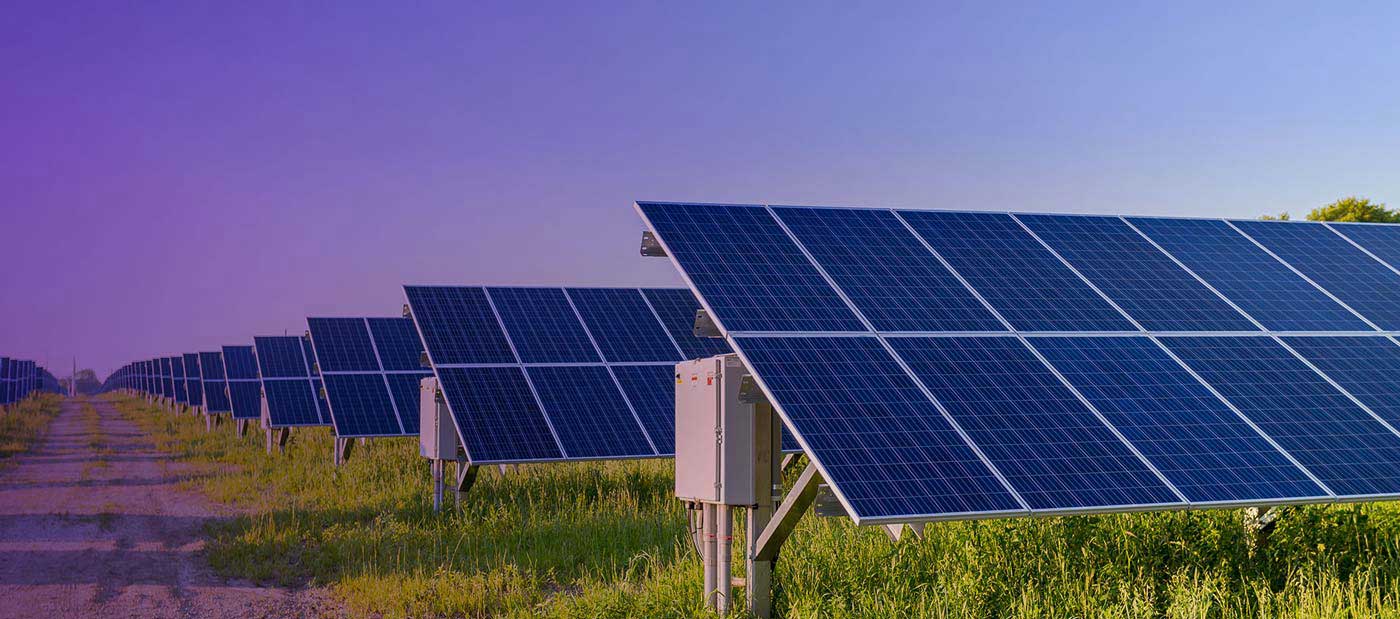Changing Electricity Suppliers in Illinois
Learn the difference between a local utility and a Retail Electric Supplier.
Interested in Community Solar?
At Clearway Community Solar, let our solar specialists help you sign up today.
Learn MoreHow To Change Electricity Suppliers in Illinois
Illinois is a deregulated energy state and that means that consumers have a choice when it comes to who provides electricity service to their homes. You can receive energy supply through your local utility, or a Retail Electric Supplier, often called an “Alternative Retail Electric Supplier” or “ARES.” While this type of free-market system has its perks, it can also lead to confusion and frustration when it comes to selecting the right energy plan, energy shopping and switching plans, and managing monthly electricity bills. Before you make the switch away from your utility’s default supply rate, you can learn about the different types of electricity suppliers and why you should strongly consider remaining with your Illinois utility company to get the best deal. And if you’re already receiving supply through an ARES, you can learn why you should switch back to your utility.
Retail Energy Providers vs. Utility Energy Suppliers
There are several energy suppliers in the state of Illinois, but only two of them are public utilities. The designated utility suppliers for Illinois are Ameren Illinois and ComEd. The difference between retail suppliers (ARES) and utility companies is that a utility supplier is the municipal energy supplier assigned to any one region of the state. This would be the default energy supplier that would deliver energy to your home. The utility companies own and operate the wires that deliver energy to homes. They also service the wires and read meters to see how much energy is consumed each period.
If you prefer to shop around for your electricity rates, homeowners can also choose from any of the retail energy suppliers available to Illinois customers. It is important to note however, that when you choose retail, your power is still delivered by the utility. The retailer buys the electricity from your power plant and is responsible for getting it to your utility. The retailer then gets to set your rate and contract term.
One thing to note when choosing a Retail Electric Supplier is that your rates may change after your signup period. An attractive teaser rate is often a gimmick, and there are sometimes base fee charges. Be sure to read all contract details and be aware of when your contract expires so that you don’t incur an unexpected rate hike. You might be weary of staying away from gimmicky energy plans from Retail Electric Suppliers altogether. In fact, households buying from alternative energy suppliers other than ComEd from May 2018 to May 2019 overpaid for electricity by more than $100 per year on average.

Switching Electricity Suppliers
The actual process of switching electricity suppliers in Illinois is easy. If you have selected a new Retail Electric Supplier, they will contact Ameren or ComEd, or your existing Retail Electric Supplier, for you to notify them of the switch and the switch date. No home visits are required and you do not need to visit a utility office. Everything is managed for you and will not receive a disruption of service. Your supplier change will take effect on the date of your next meter reading.
Switching Back to Your Local Utility
Coming Back to the Ameren and ComEd Default Supply Rates
As mentioned, your Illinois utilities are your best bet for long term savings and avoiding the hassles of constant shopping and switching. With many to do lists, trying to game the Retail Electric Supply rates and constantly finding a new plan may not be the best use of your family time. If you want to switch back to your utility’s default supply rate, here’s how.

1. First check the terms of your agreement with your existing supplier. Make sure you are aware of your contract term and any including early termination fees.

2. If you want to return to ComEd or Ameren for supply service, simply contact your existing supplier and let them know that you want to terminate service and return to your utility supply service.

3. After you have cancelled service with your ARES, they should process your request within two business days following the cancellation request.
Consider Sustainability When You Switch Energy Suppliers
Many Illinois residents have more to consider now when it comes to choosing their energy supplier. Driven by the state’s renewable energy standards, a growing solar market has brought more sustainable energy options to the state. This is something that can make a big impact both on the environment and your budget, particularly if you are on the default utility supply rate. Rather than looking for a supplier’s green energy plan (which often includes green energy premiums), you can lower your utility supply rate by supporting renewable power by going solar. NOT with a rooftop panel installation, but instead, choosing a Community Solar farm.
Rooftop solar requires a large upfront investment that begins to recoup energy costs over time, for homes with roofs that meet requirements. Community Solar allows Illinois residents to sign up with a local solar farm like those provided by Clearway Community Solar and support 100% renewable power while receiving solar bill credits that help lower the utility supply costs.* So in short, coupling your utility default supply rate with a Community Solar subscription may be your best option for low energy costs, and avoids the hassles of shopping and switching with each new energy contract. And with Clearway’s Community Solar program, the savings are guaranteed.
Illinois residents, just like those in Massachusetts and New York, have many options when it comes to choosing how to manage their electricity. Many are now taking advantage of the opportunity to get out of the endless cycle of switching between retail energy suppliers and utilities, and moving towards a more sustainable future with solar. For more information on how you can make the sustainable switch, contact us today.
*Subject to credit approval. Subscription term is 20-years. Savings calculated as 20% on the value of the net metering credits generated by the residential solar subscription. Clearway is not responsible for utility delays in applying net metering credits. Terms and conditions may apply.



